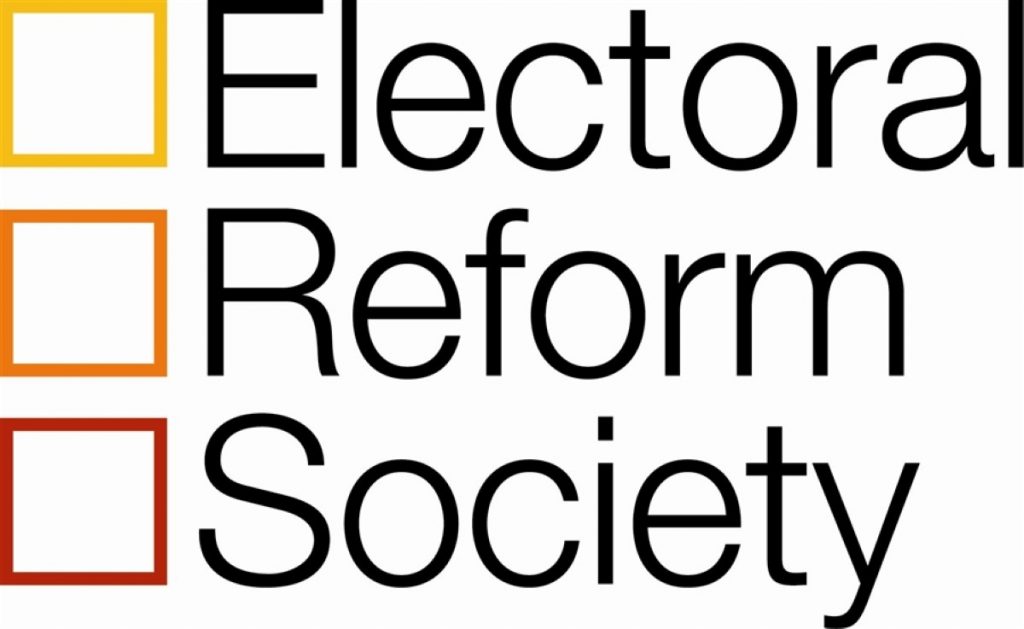ERS: Scottish Democracy failing to realise dream of devolution
With Scottish politics now dominated by two big parties, small parties under pressure and women’s representation on the wane, the Electoral Reform Society say action is now needed to ensure that Scotland’s political system can continue to meet the original aspirations and expectations of the advocates of devolution.
In their new ERS report, Prof John Curtice and Dr Martin Steven look at the election’s successes and failures and see what lessons can be learned for the future of Scottish democracy.
Professor John Curtice said:
“The widespread expectation that the Scottish Parliament would be a multi-party parliament in which no party would ever have an overall majority has been dashed.
“In truth, although the electoral system bequeathed to the Scottish Parliament by Labour was far more proportional than First Past the Post, it was never one that was best fitted to the realisation of that original expectation. It still favours larger parties over smaller ones, who indeed are actually being discouraged from standing in the constituency contests.
“The fit between reality and expectation could be made closer with relative ease. The trouble is, such a step would require politicians in larger parties to be willing to help those in smaller ones – and perhaps that will still seem like a step too far?
Willie Sullivan, Director of Electoral Reform Society Scotland said:
“Just because Scotland’s modern Electoral System makes Westminster look like a tribal council doesn’t mean that we shouldn’t try and make it better.
“The concentration of power into two large parties in our parliament is of course better than power being concentrated in one. That’s what happened in Local Government under First-Past-the-Post before 2007.
“Concentrations of power are never good. We are convinced our democracy would work better with more parties in the system so that more voices are represented and heard and that power is shared, checked and balanced.
“The bias against smaller parties is one concern arising from this study of our election system in 2011 another is the power handed to party machines in deciding who goes where on the list and so in many cases who gets a seat. If a full move to STV is not available then we urge politicians to consider an open list system for that part of AMS’
The 2011 Scottish Parliament election by Prof John Curtice & Dr Martin Steven is available for download here: www.electoral-reform.org.uk/images/dynamicImages/ScottishReport2011_FINAL.pdf
The report is being launched at 6pm on 15th November 2011 in Committee Room 5 of the Scottish Parliament.
RSVP to Willie Sullivan, 07940523842 willie.sullivan@electoral-reform.org.uk
Professor Curtice will make a presentation on his findings, Chaired by Katie Ghose CEO of the ERS, followed by questions and discussion
Drinks provided
Notes to editors
The AMS system is discouraging smaller parties from contesting single member constituencies.
In 2011, a majority of constituency contests were only fought by the four largest parties. Not only was this in sharp contrast to the position on the list ballot, but it meant that most voters had far less choice in their local constituency contest in 2011 than they had enjoyed in the general election in 2010.
Across Scotland, only 30 candidates from other parties stood on the constituency ballot. This was less than at any previous Scottish election, and was far lower than the 113 candidates that contested any one of the 59 Westminster constituency seats in 2010.
Women are now more reliant for their election on the list part of the system rather than the constituencies.
The level of defeat and retrial amongst female Labour MSPs in 2011 means that unless Labour reintroduces a strategy that secures gender balance in its constituency nominations, any future recovery in the party’s electoral fortunes could well be accompanied by a reduction in the overall level of female representation.
2011 demonstrated that some voters are willing to take advantage of the fact that they have two votes to behave in accordance with the expectations of advocates of AMS.
Popular incumbent MSPs have developed a considerable personal vote that enables them to secure a substantially higher share of the vote than their party list manages locally
– and this played a key role in enabling Labour to hang on to constituency votes and seats that it might otherwise have lost.
An incumbent Labour or SNP MSP, on average, managed to win some three per cent more of the vote in their constituency than on the list.
All 4 four Conservative Incumbents did better than their party.
Curtice and Steven show that a switch from the d’Hondt to the Sainte-Laguë method of allocating list seats, a method that is already enshrined in other aspects of the UK’s electoral arrangements, would have produced a more proportional result in which the SNP would not have won a majority despite winning well under 50% of the vote.
Contacts
For more information contact Willie Sullivan, Director, Electoral Reform Society Scotland on 07940523842 willie.sullivan@electoral-reform.org.uk





-01.png)